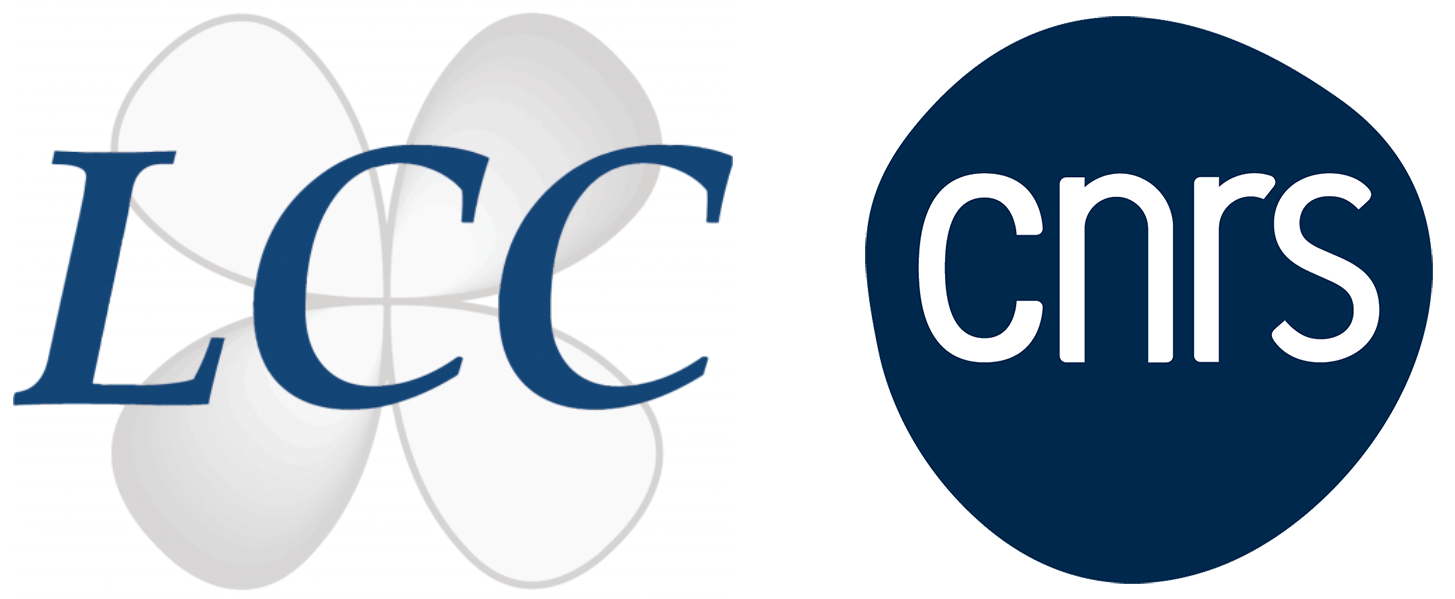Mass spectrometry – GCMS & LCMS
LCC
Service overview
Mass spectrometry is a technique for determining molecular mass and elemental composition (raw formula).
Its principle lies in the separation of charged molecules according to their mass/charge ratio (m/z).
The analyzers are self-service internally for LCC applicants after training.
Two devices are available.
Service members

Service manager
BORGET Isabelle
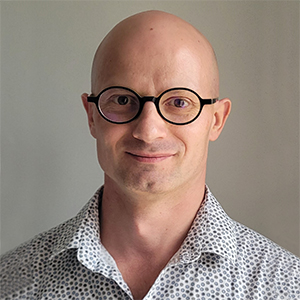
Senior researcher
CESAR Vincent
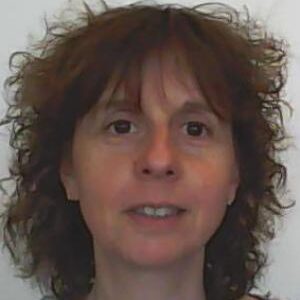
Technical staff
CLAPAROLS Catherine
Equipments
LC/MS Dionex Optima 3000 Thermoscientific LCQ Fleet
Dionex Optima 3000 HPLC coupled to a ThermoScientific LCQ Fleet mass spectrometer (ion trap). It has an auto-sampler. Ionization mode is electrospray (ESI).
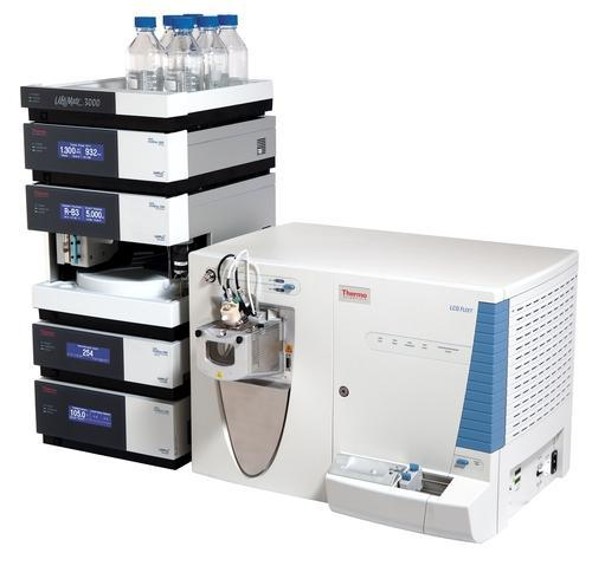
GC/MS Shimadzu QP2010 Ultra Colonne GC ZB-5MS
Shimadzu QP2010 Ultra equipped with ZB-5MS GC column (low polar), automatic auto-sampler (150 positions). Ionization is electron impact (EI).
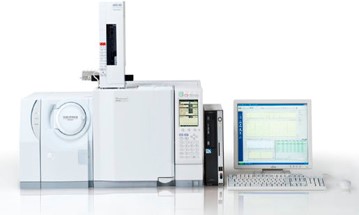
LCC
Laboratoire de chimie de coordination du CNRS
205 route de Narbonne, BP 44099
31077 Toulouse cedex 4
France
